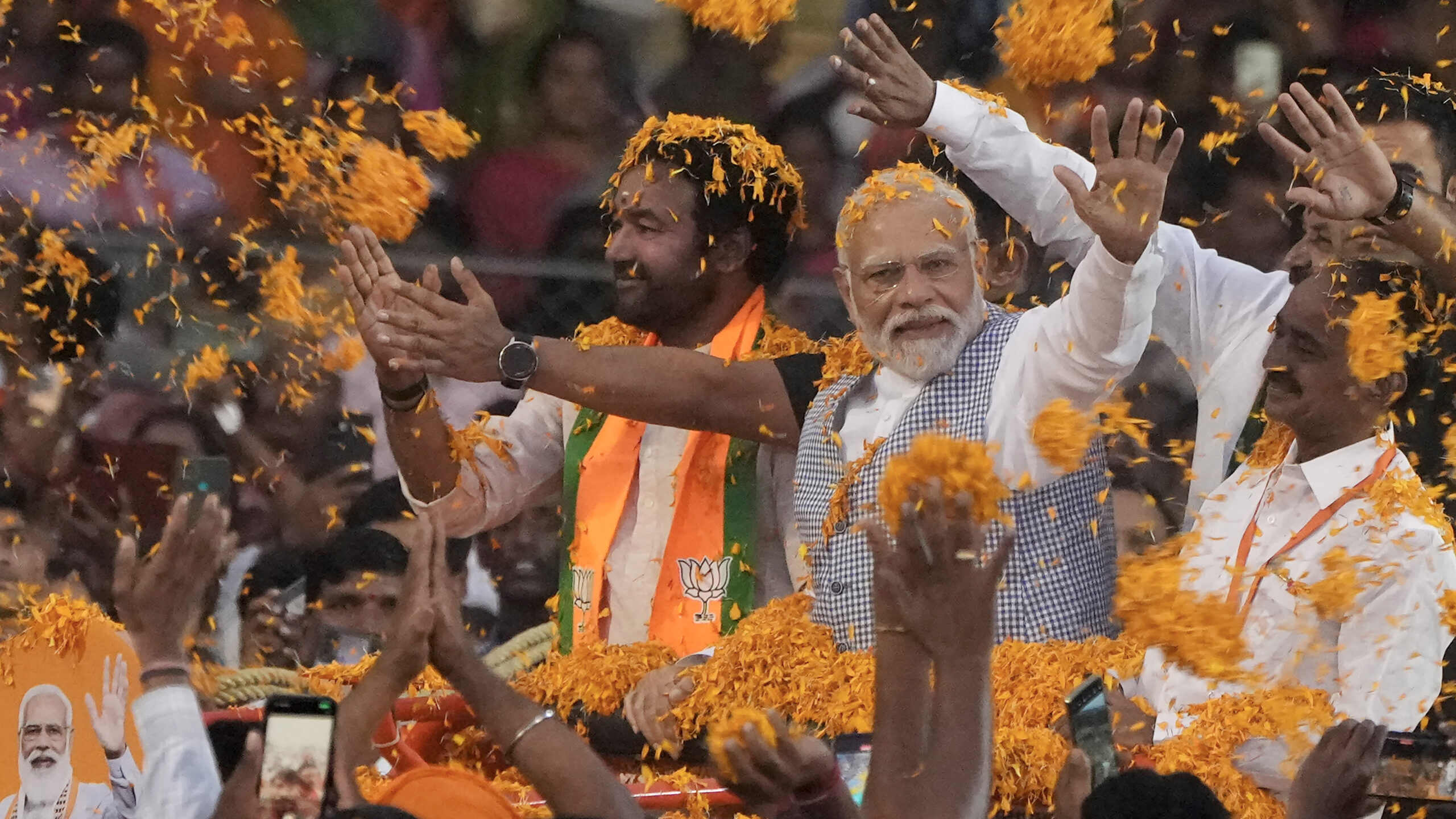

The latest edition of our Sustainable Views newsletter
Dear reader,
The state of democracy globally is worrying many as threats to political rights and civil liberties increase in many countries, not just in those nations more frequently linked to autocracy and a lack of freedom.
Donald Trump has said he would be a dictator on day one of his presidency if elected back into the White House, while the intensifying clampdown on opposition parties ahead of India’s elections is raising significant questions about the health of democracy in the country under Prime Minister Narendra Modi.
In today’s opinion, Marcos Buscaglia, author of Beyond the ESG portfolio. How Wall Street can help democracies survive, argues it is time to add the “D” of democracy to ESG standards.
“Higher democratic standards protect not only the rights of citizens, but also property rights and the rules of the game for investors,” writes Buscaglia. “Downside financial risks are higher when the division of power, a free press, an independent judiciary, and strong non-governmental organisations do not prevail.
“In the same way markets respond to investor concerns about climate change and the environment through ESG integration, it is time they also responded to another threat the world is facing: democratic recession,” he continues.
Buscaglia suggests that while measuring democracy might be harder than measuring the carbon impact of a project, “the correlation among the main democracy indices is remarkably high, and they can provide institutional and individual investors with the tools to start adding a D of democracy to ESG”.
A report published today by the World Energy Council highlights the impacts of geopolitical instability on energy markets and warns competing political agendas between nations, energy security concerns and divergent priorities over climate action risk undermining the global energy transition.
“While the direction towards zero emissions energy systems is clear, the journey to a sustainable future is fraught with challenges,” says Angela Wilkinson, the council’s secretary-general and chief executive, highlighting the “global uncertainty about the collective ability to manage clean and inclusive energy transitions at speed and scale”.
Meanwhile, Alex takes a look at how delays to the implementation of Australia’s planned integrated farm and land management methodology, which would combine various approaches to capturing and storing carbon, could lead to project developers and farmers being unable to register carbon credits.
Until tomorrow,
Philippa
Philippa Nuttall is the editor of Sustainable Views
Similar Articles

Editor’s note: tariffs and trade policies

Editor’s note: biodiversity, breakdown and batteries


